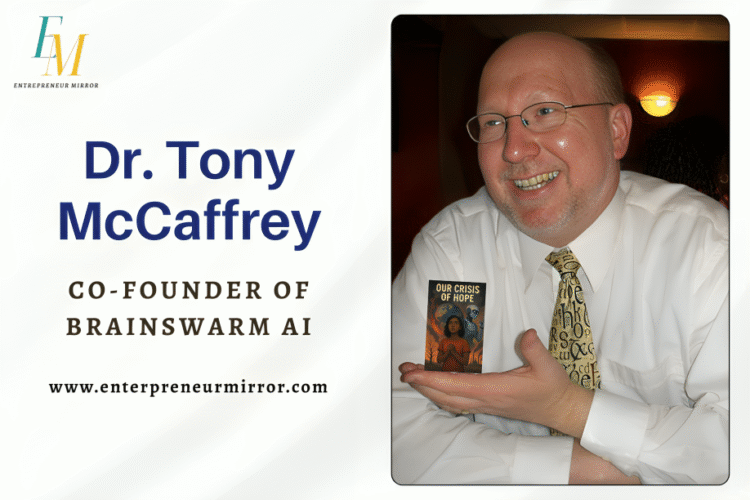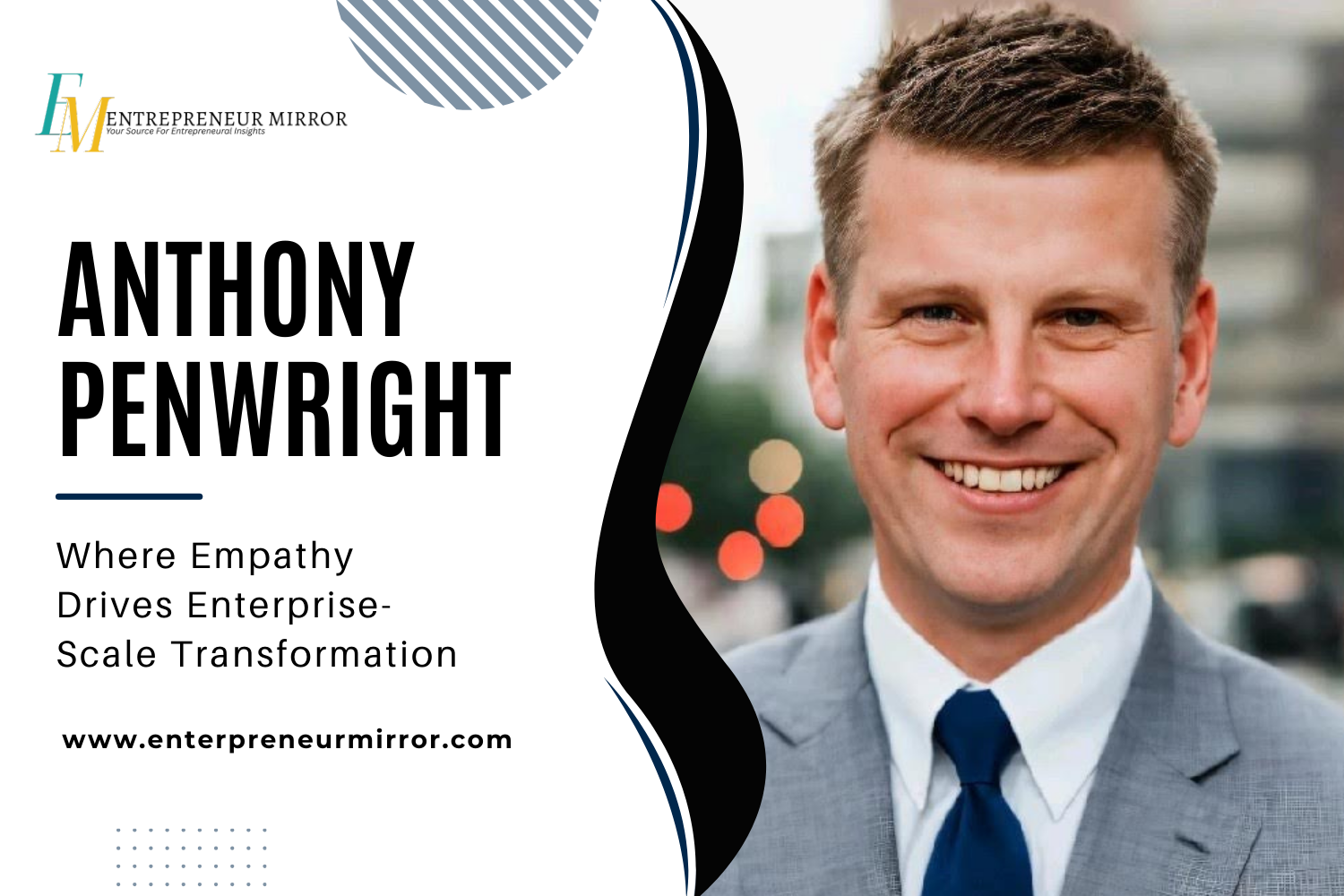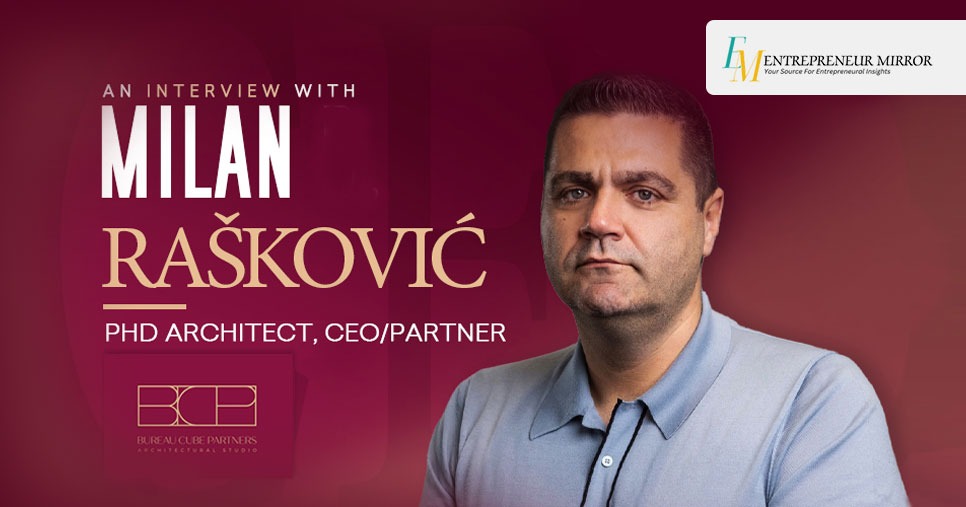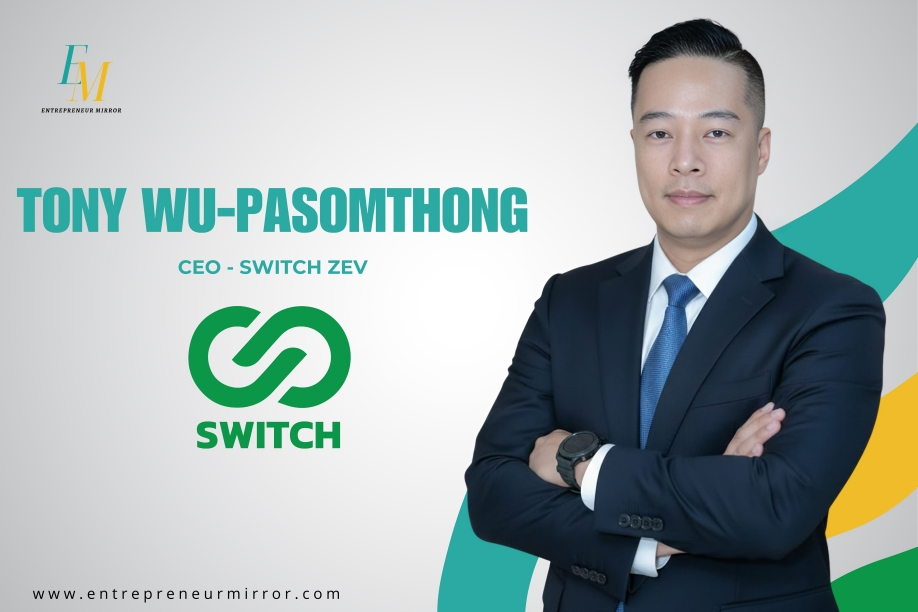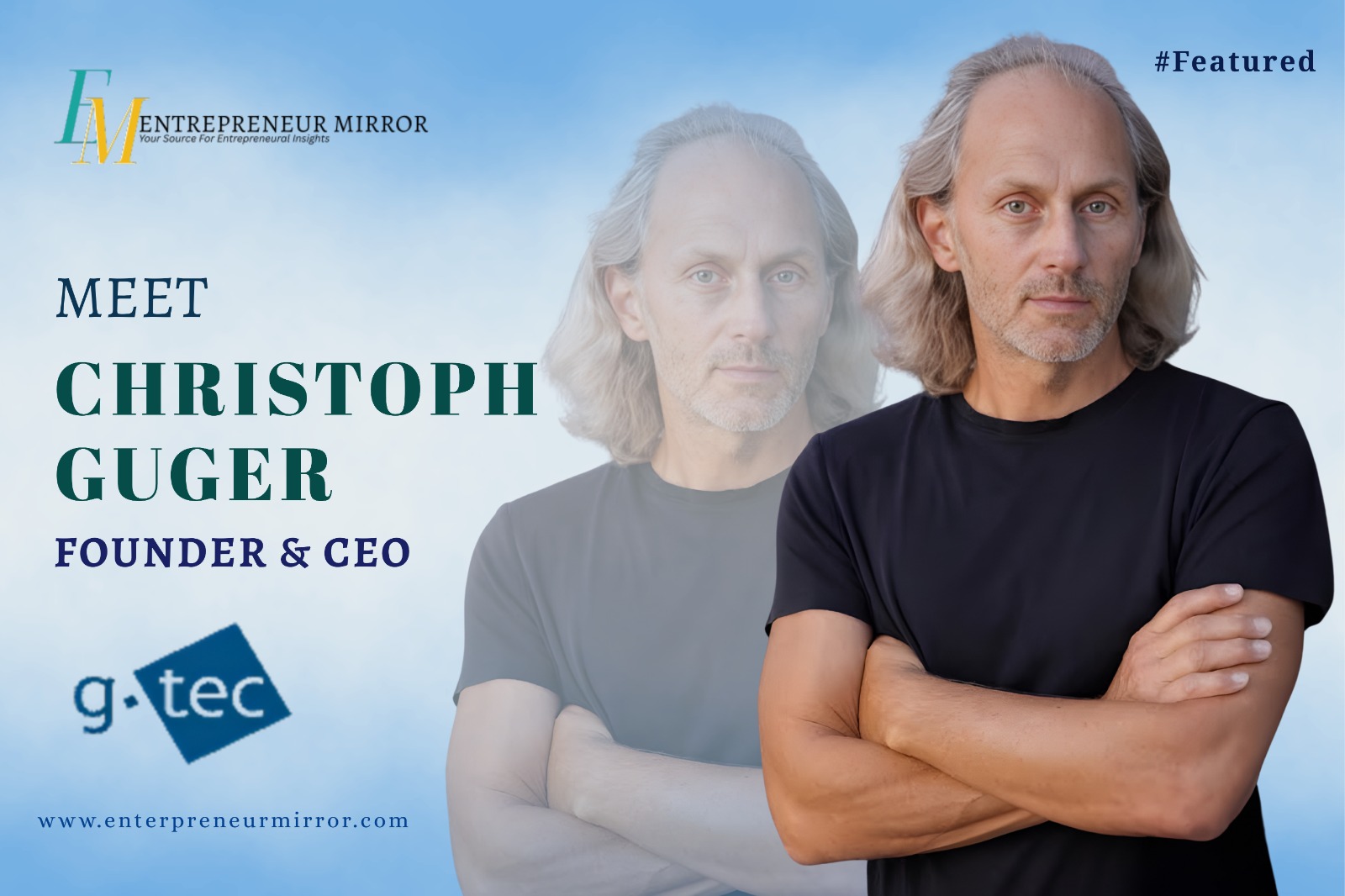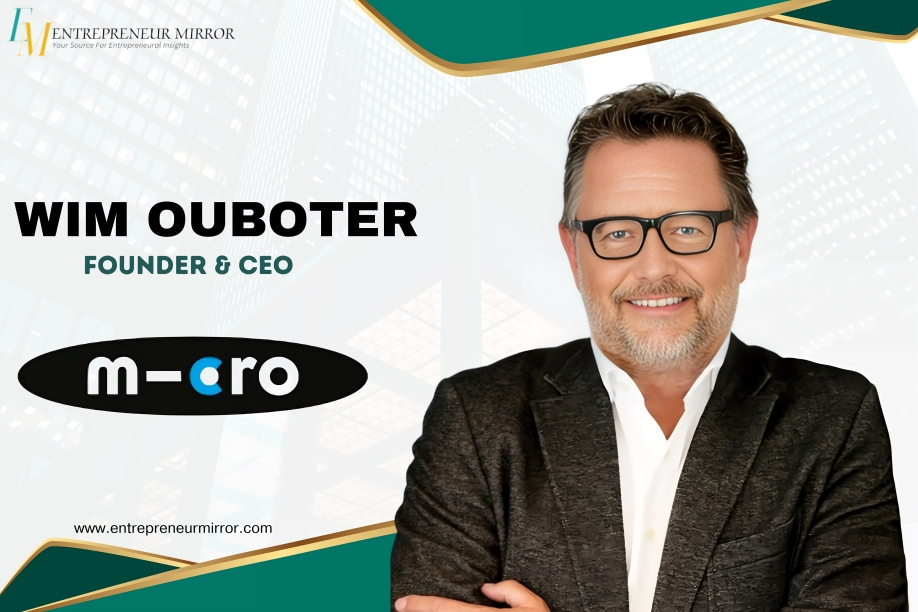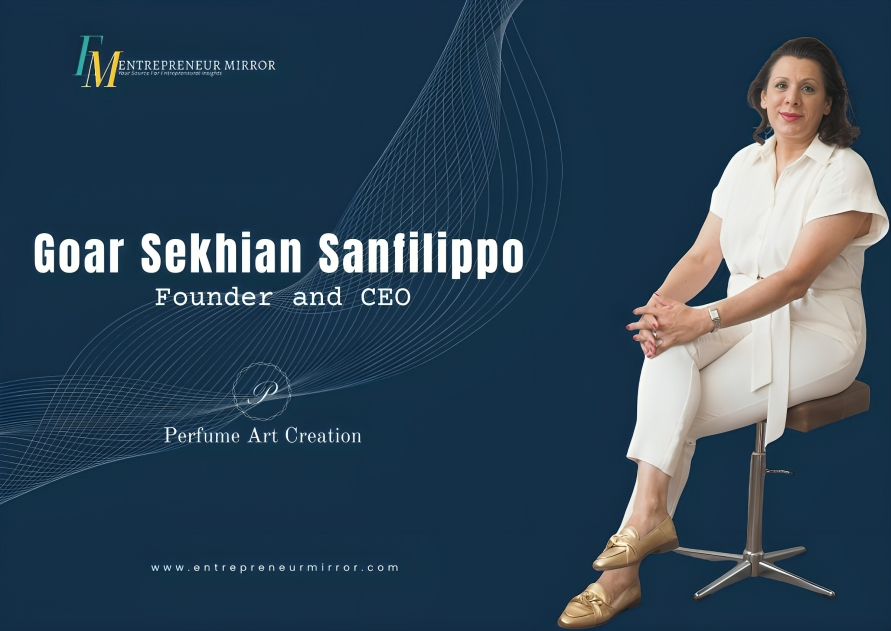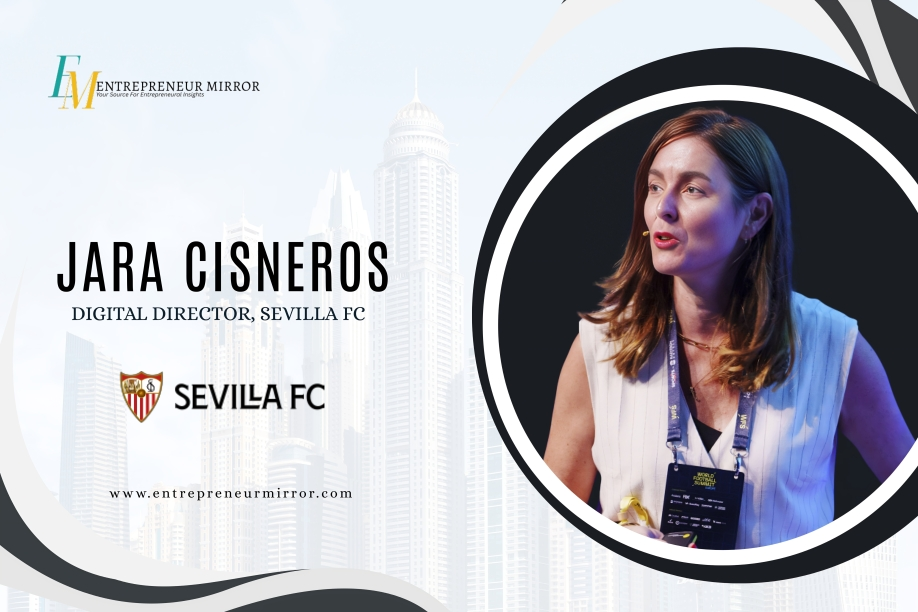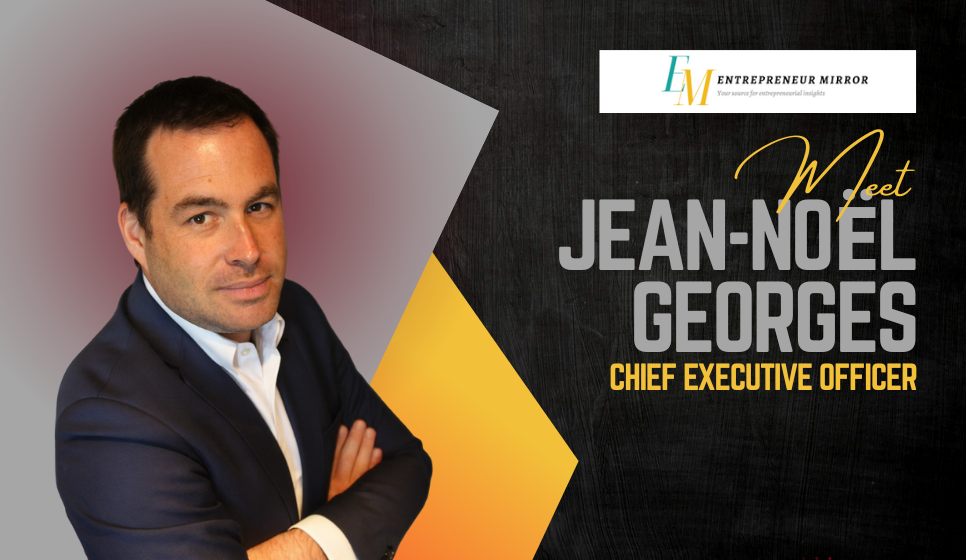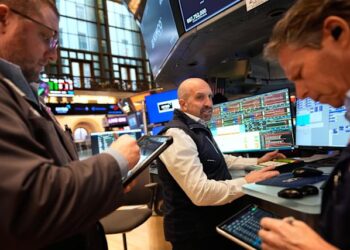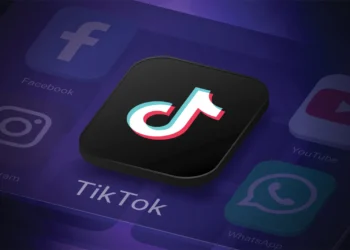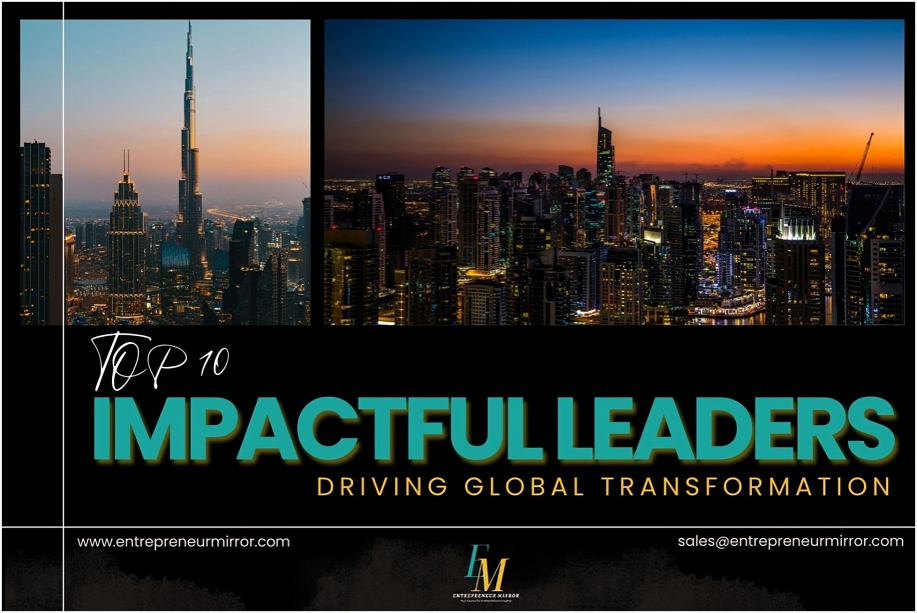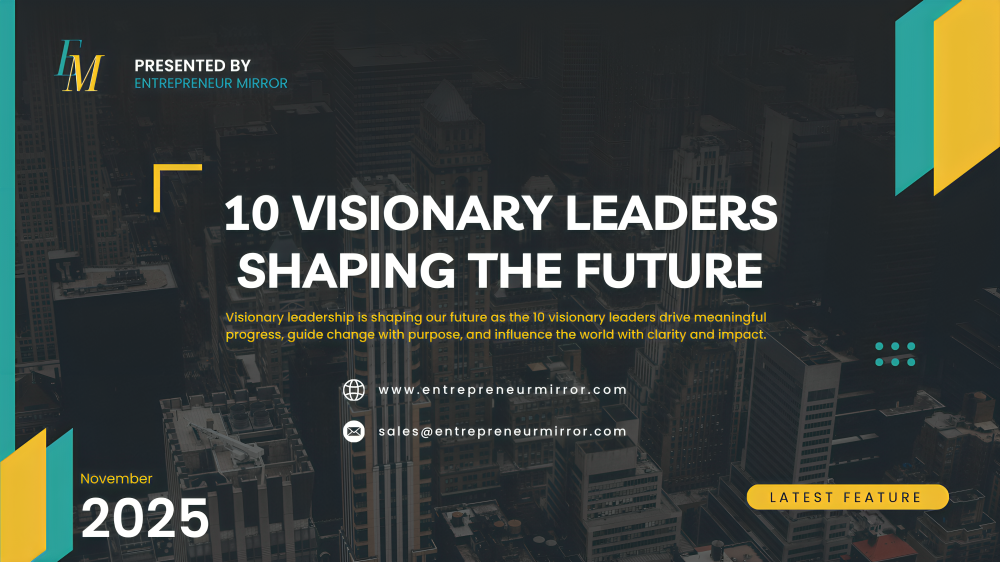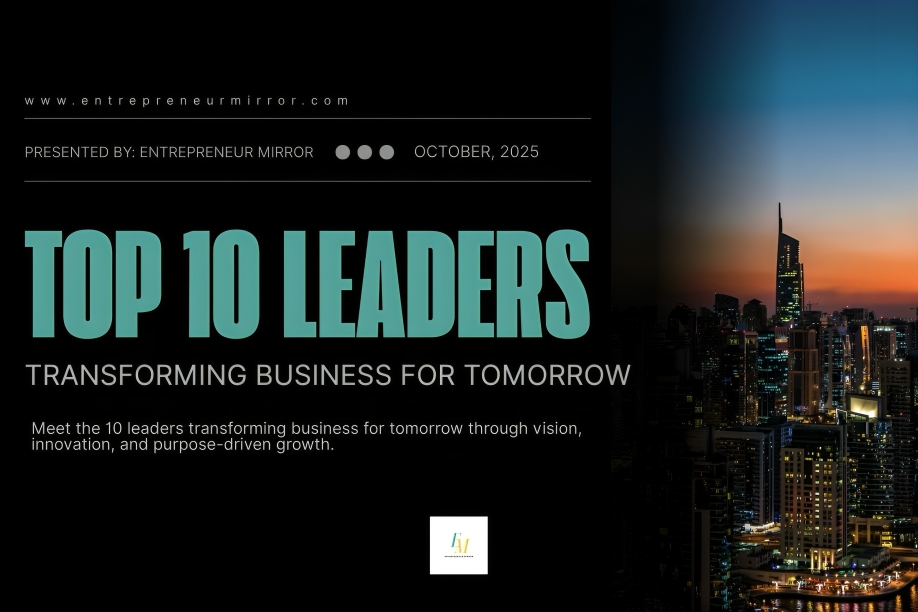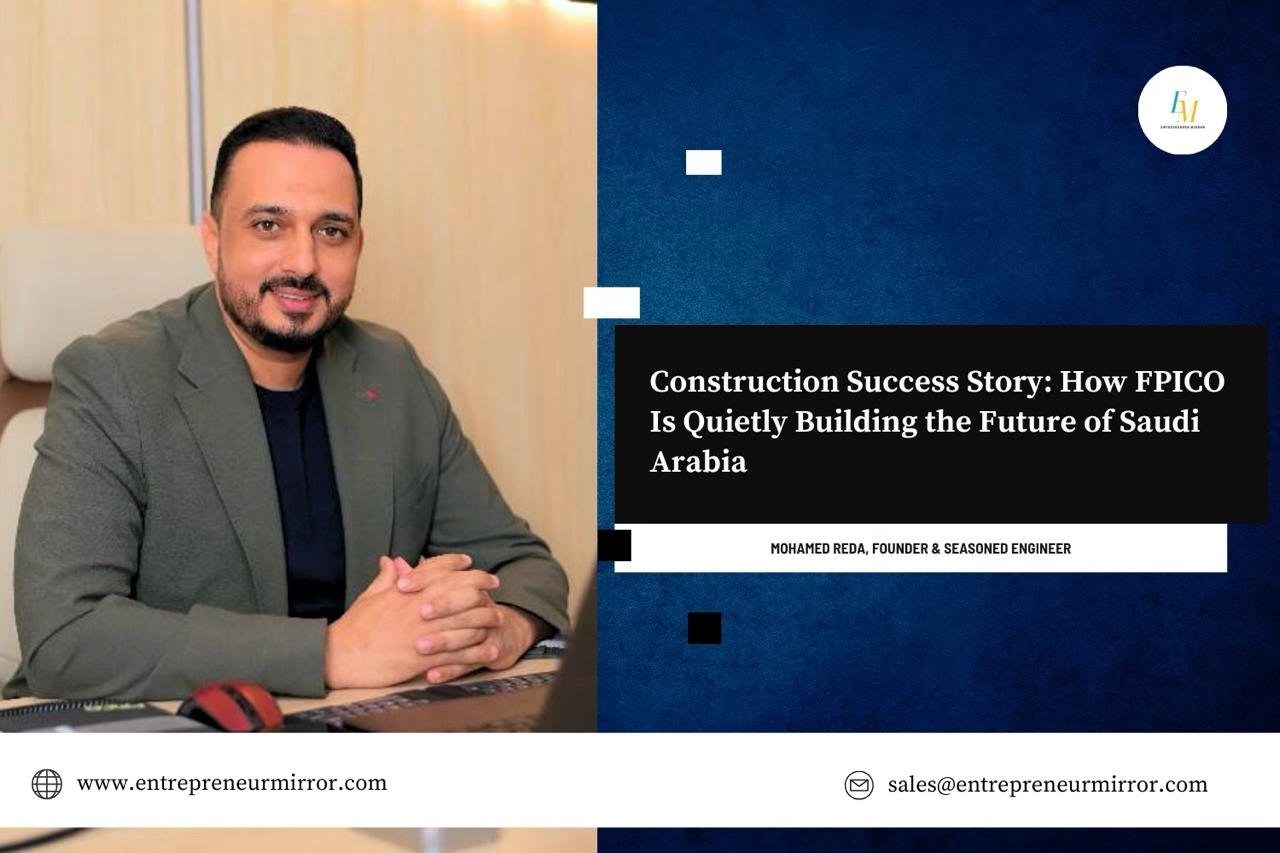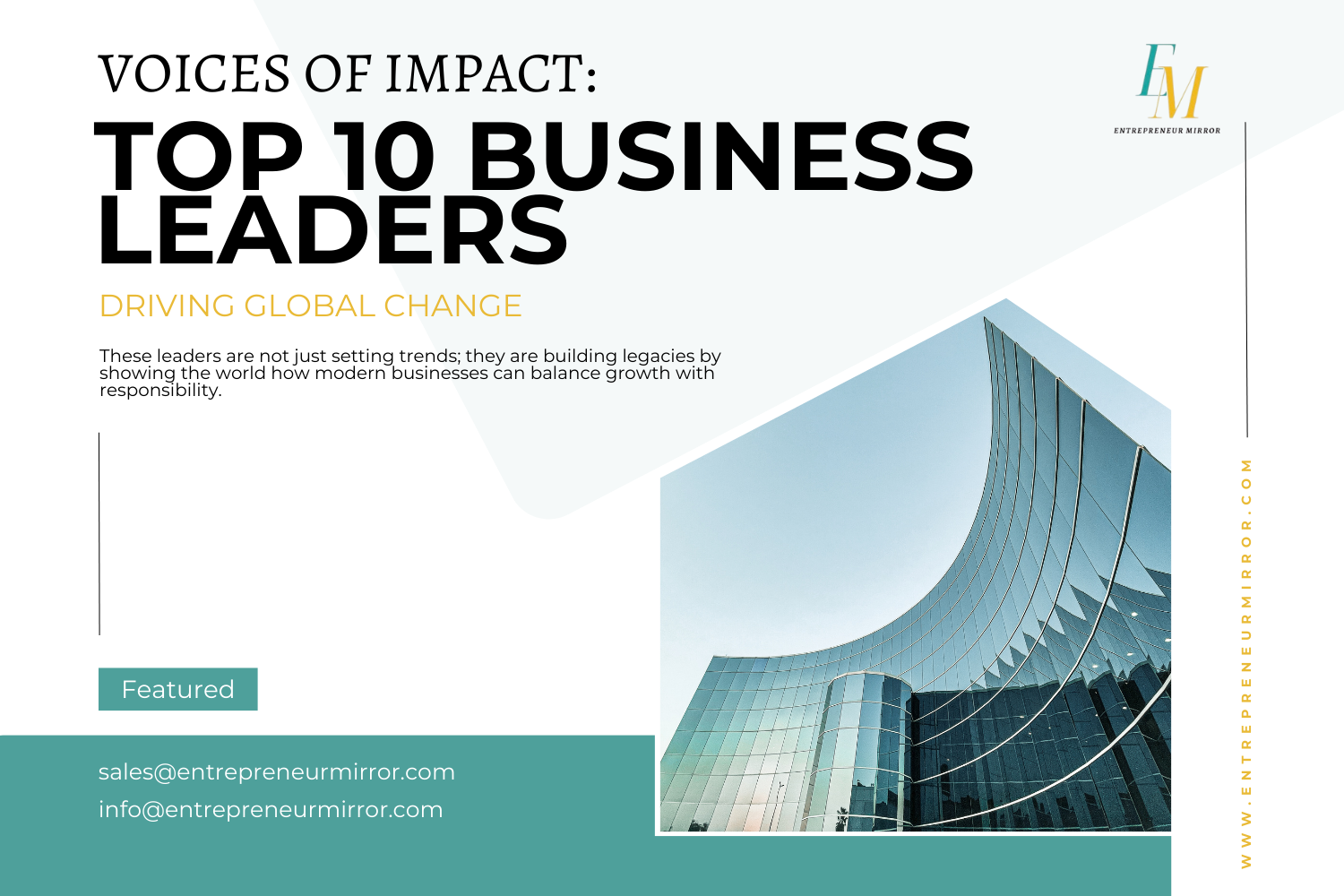A multifaceted expert, a visionary professional, and an AI researcher, Dr. Tony McCaffrey, is the co-founder of BrainSwarm AI, an innovative platform enabling people to solve problems together. With a strong expertise in cognitive psychology and artificial intelligence, alongside a passion for innovation, Dr. Tony focuses on the need for collaboration to deal with the rising global threats. With the rising influence of AI, resulting in a crisis of hope for humanity, Dr. Tony McCaffrey empowers people to solve real-world problems together, with creativity and problem-solving skills, marking a difference to make the world a better place.
Rekindling Hope for a Better World
We live at a hope-diminished time and must find ways to rekindle it. Thomas Andrews, naval architect and chief designer of the RMS Titanic, is quoted in the movie as saying to Rose, Kate Winslet’s character, “I’m sorry I didn’t build you a stronger ship, young Rose.” Well, Dr. Tony McCaffrey tells his students each year a slight variation, “I wish I could leave you a better world.”
As a younger man, Dr. Tony McCaffrey wasn’t so bothered by the problems of an older generation, be it the Cold War, proliferation of nuclear weapons, Vietnam War, Watergate, or others. “My generation would do better, much better,” he believed. “But now that it is my generation that is messing up big time, I really take it personally. In the summer of 2025, the US experienced four once-in-a-thousand-year rainfall and flooding events in a week. This is at the same time that the US government is cutting funding for FEMA and weather forecasting, while ignoring the potential reasons for such shifts in weather.”
Dr. Tony shares that his generation has faced a global environmental challenge before and handled it very well. In 1974, scientists Rowland and Molina published their findings that chlorofluorocarbons (CFCs) from spray aerosols, refrigeration, and air conditioning could threaten the ozone layer that protects life on this planet from harmful UV radiation. There was intense debate, but the world acted in 1987 to phase out the production and use of CFCs for the good of life.
What is wrong with us in 2025?
The trajectory of AI continues churning faster and faster to replace more and more jobs. Further, Sam Altman of OpenAI openly talks about AI’s potential existential threat to humans. At the same time, Altman and his company race to produce more powerful AI (i.e., Artificial General Intelligence and Superintelligence). The drive of competition and the lure of more power, money, or a morbid curiosity keep him, his company, and his competing companies accelerating their efforts forward with seemingly no ability to slow themselves down and no governmental regulation in sight.

Dr. Tony shares instances of recently facing this type of dangerous lure before in the realm of DNA editing and it was handled so well: A 2019 moratorium on CRISPR’s use on sperm, eggs, and embryos until a mature ethic is in place for this technology.
An Extended Metaphor
Dr. Tony reflects, “If my neighbor, from whom I vote differently, awakens me in the middle of the night to tell me that part of my house is on fire, will I listen to him or not? Even though I don’t like him and his political views, I will take him seriously and check out that part of my house. The repercussions of my house burning are so consequential for me, my family, our future, and our neighborhood that I will even heed the warnings of someone I don’t like. If I don’t listen and I am wrong, I could not live with myself, if I lived at all. If I do listen and he is wrong or lying, I will deal with that later. We are fellow humans and I hope there is something deeper that connects us as humans that is much more important and pressing than our differing political views.”
Hopefully, everyone will treat each other like fellow living inhabitants of a shared world. Or, as Dickens says in A Christmas Carol, to treat others “as if they really were fellow-passengers to the grave, and not another race of creatures bound on other journeys.”
But how do we respect our neighbor, let alone love them, if we never meet them and get to know them? Without a relationship, people can easily become just the source of the views we find them writing online. In the online world, bloggers are not people, because we don’t know them, as Dr. Tony believes. They are merely carriers of ideas. They might even be an AI chatbot. At the very least, the person disappears behind the views. They become part of “another race of creatures.” The text on the screen takes priority and any human behind the text dims from their full humanity. People, however, are always more important, more precious, more nuanced, more complicated than the text they produce or any idea they espouse. But that is too easy to forget, especially in our world of screens.
He shares an analogy to road rage: It’s easy to get mad at the car in front of you. The metal surrounding the person hides their facial expressions, their body language, their intentions, and their overall humanity. In contrast, a person who steps in front of you in a hallway can express their regret and apology with subtle gestures, body language, and facial expressions—even if next to nothing is spoken out loud. A person within the metal car cannot.
In sum, the humanity of a person can disappear quickly within a car or behind a screen to break the fragile bonds that we are fellow beings in a shared world and not two diverse creatures in separate worlds.
Finding Hope
A key part of hopelessness is feeling powerless, of not knowing what we can do as individuals. With different questions in mind, I am not a superhero, what my powers are, or who I can encourage to exercise their powers and influence, and what if people of influence are not listening, takes a toll on us.
Dr. Tony believes each of us must decide which of our powers, if any, we can use to make a direct difference and which connections, if any, we can use to get influential people to listen and act on our behalf.We have come together before as a family, a neighborhood, a city, a state, a region, a country, and a world despite differing views to battle something threatening. Perhaps, recalling these memories can help us crack our stiffening hopelessness and make hope limber once again.
Can AI Restore Our Hope?
Just when we need creativity the most to address the very tough problems we face, unfortunately, we are relying more and more on AI – Large Language Models (LLMs) – to do our writing and thinking for us, reflects Dr. Tony. It is a new source of GroupThink. Each LLM has access to the same knowledge and presents it to its users in slightly different ways. LLMs are not creative. If you give them creative puzzles whose answers are not on the internet, they cannot solve them. I tested this thoroughly, given that my PhD is in Cognitive Psychology specializing in creativity and problem solving.
LLMs are absolutely great at organizing and summarizing the known knowledge on any topic. Creating new knowledge is what they cannot do, and they are not a source of the hope that we need.
Dr. Tony McCaffrey’s Personal Answer
With his strong background in the field, Dr. Tony has created an online platform, BrainSwarm AI, that helps people solve problems together by helping each person notice things about the problem that they have never noticed before. Along with the tools for enhancing creativity, he has also created a comic strip superhero, Captain Sideways, who helps people solve problems by showing them how to look at a problem from different angles or perspectives (i.e., sideways). After experiencing an adventure with this superhero, young readers as well as adults learn an actual technique to improve their creativity and problem-solving skills that they can take back with them into the real world.
Using the online platform and the superhero to gather people together to solve real-world problems personally helps, and seeing others find the powers they want to apply also helps Dr. Tony find hope. With hope dimming, we need to look deep inside ourselves and into our neighbors to find ways to resuscitate it.
To learn more about Dr. Tony McCaffrey and his innovative platform BrainSwarm AI, follow him on LinkedIn.
Also Read :-
From Vision to Precision – Sowaba Shehzad Drives Innovation at Moulded Optics
Curating Timeless and Sustainable Ambience with Design@Studio17: Sorcha Drakeford

